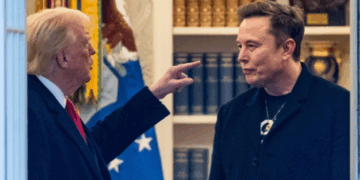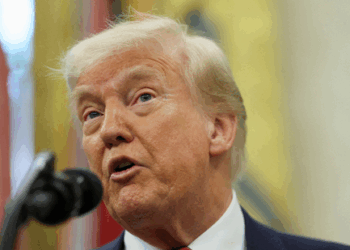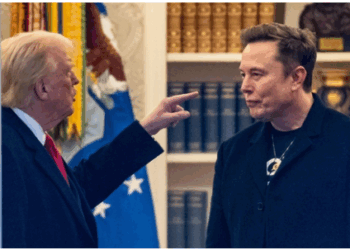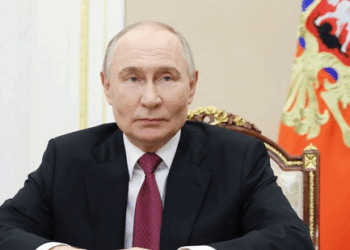Chinese and Hong Kong stock markets closed higher on Monday, buoyed by gains in the rare earth and technology sectors, as global investors looked ahead to critical U.S.-China trade negotiations taking place in London. This meeting marks the first formal discussion under the nations’ revived economic and trade consultation mechanism, sparking cautious optimism amid ongoing geopolitical and economic tensions.
China’s blue-chip CSI300 Index edged up 0.3%, while the broader Shanghai Composite Index climbed 0.4%. Hong Kong’s Hang Seng Index saw a more pronounced gain of 1.6%, reaching its highest level since March 21. The Hang Seng Tech Index surged 2.8%, lifting sentiment as it entered a technical bull market, having gained over 20% since its April low.
Monday’s rally was largely driven by hopes that the upcoming talks could ease trade friction between the world’s two largest economies. U.S. Treasury Secretary Scott Bessent, Commerce Secretary Howard Lutnick, and Trade Representative Jamieson Greer are set to meet with Chinese Vice Premier He Lifeng in what many hope will signal a thaw in relations.
The talks follow a rare direct phone call last week between Chinese President Xi Jinping and U.S. President Donald Trump. The conversation came after both sides accused each other of violating a deal reached in Geneva last month. That agreement paused the imposition of new tariffs for 90 days—cutting U.S. tariffs on Chinese goods to 30% and reducing Chinese duties on U.S. imports to 10%, effective until August 12.
Analysts from China Securities noted, “We think there could be some favourable outcomes from the meeting as Trump has hinted at positive signs.” Any progress would be welcomed by global markets, which remain jittery amid concerns over inflation, global supply chain disruptions, and weakening demand.
Rare earth stocks, seen as strategically vital and likely to feature heavily in negotiations, jumped 2.4% in their strongest single-day performance in over a month. These materials are essential in manufacturing electronics, defense components, and renewable energy technologies—areas deeply intertwined with both nations’ strategic interests.
Despite Monday’s gains, Chinese equities have lagged behind their global peers. The CSI300 Index has remained mostly flat since Trump’s April 2 announcement of sweeping “reciprocal” tariffs. Meanwhile, the Hang Seng has risen just 4% in the same period, reflecting investor uncertainty.
As talks unfold, market participants remain focused on signals of stability and cooperation. With $600 billion in two-way trade potentially hanging in the balance, the stakes couldn’t be higher for investors, businesses, and policymakers alike.








 India
India











